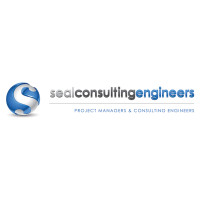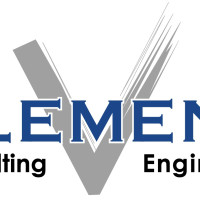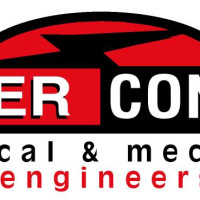Agricultural Engineering
Applies engineering principles to optimize agricultural production, machinery, water management, and sustainability, enhancing efficiency in food and resource management.
Chemical Engineering
Combines science and engineering to design processes that transform raw materials into valuable products, including fuels, chemicals, and pharmaceuticals, while improving efficiency.
Civil Engineering
Focuses on designing, constructing, and maintaining infrastructure like roads, bridges, and buildings, ensuring safety, durability, and sustainability in urban and rural development.
Electrical Engineering
Electrical engineering deals with electricity, electronics, and electromagnetism, evolving from the 19th century telegraph to modern computing, with subfields like power engineering and telecommunications.
Computer Engineering
Integrates computer science and electrical engineering to develop hardware, software, and systems, powering advancements in computing, AI, and communication technologies.
Electromechanical Engineering
Combines electrical and mechanical engineering to design systems such as robotics, automation, and industrial machinery, integrating mechanical and electrical components.
Electronic Engineering
Focuses on the design and development of electronic devices, circuits, and systems, enabling advancements in communication, computing, and automation technologies.
Environmental Engineering
Develops sustainable solutions to manage environmental resources, control pollution, and enhance public health through innovative engineering practices and technologies.
Industrial Engineering
Optimizes processes, systems, and workflows in manufacturing and services industries, improving efficiency, productivity, and quality in complex operations.
Marine Engineering
Designs, constructs, and maintains ships, submarines, and offshore platforms, ensuring efficiency, safety, and innovation in maritime technology and transportation.
Mechanical Engineering
Mechanical Engineering focuses on the design, analysis, and manufacturing of mechanical systems. It encompasses a wide range of applications, from engines and machinery to heating systems and transportation technologies, ensuring efficient mechanical operations.
Mechatronics Engineering
Integrates mechanical, electrical, and computer engineering to create smart systems and devices, including robotics, automation, and intelligent machinery.
Metallurgical Engineering
Studies metals and their properties, focusing on the extraction, processing, and application of metals and alloys for durable, efficient, and innovative materials.
Mining Engineering
Specializes in the extraction of minerals, designing mines for safety, efficiency, and sustainability, while addressing environmental impacts and resource management.
Nautical Engineering
Focuses on designing and operating marine vessels, ensuring safety, efficiency, and innovation in maritime navigation, transportation, and technology.
Petrochemical Engineering
Transforms crude oil and natural gas into valuable products like fuels, plastics, and chemicals, optimizing production processes and sustainability.
Petroleum Engineering
Explores and extracts oil and gas, focusing on maximizing recovery, efficient energy production, and minimizing environmental impact in resource management.
Telecommunication Engineering
Designs and manages communication networks for data, voice, and video transmission, ensuring global connectivity and advancements in wireless and wired systems.
















































